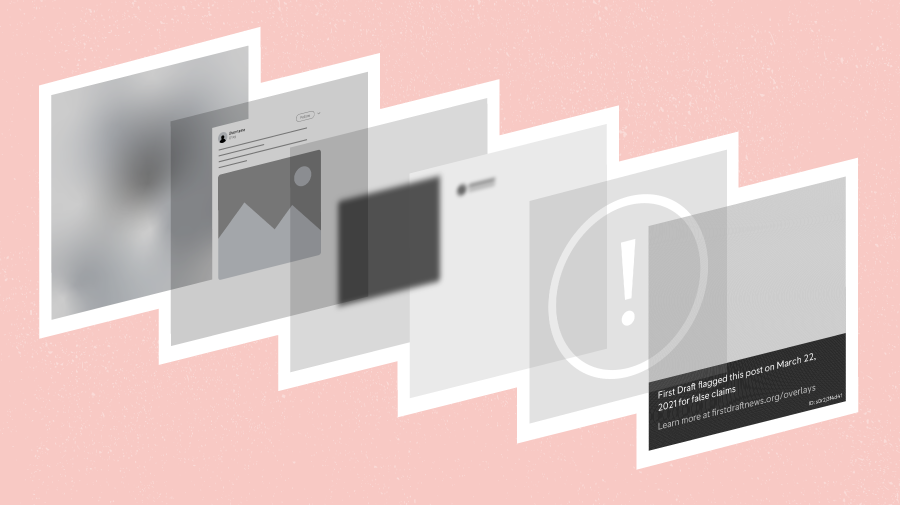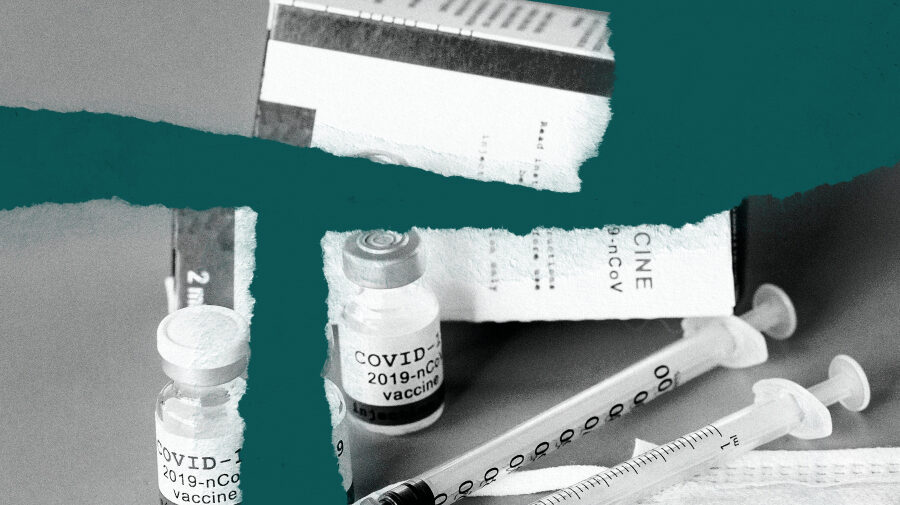For 20 months, a small team worked through the question of how to take social newsgathering to scale. There is more “noise” than ever, every day seems to add a new form of storytelling to the ranks (Facebook Live in shootings, for example). That was our job, to filter the noise, distill it, and explain it.
In the process, we learned a lot about ourselves, this form of reporting and our audience.
Here’s a few of the core lessons.
You cannot tell the world’s story without taking care of yourself
Of all the things we struggled with, this was a consistent discussion.
We viewed shootings, bombings, terrorist threats. Children washed up on beaches and saw families grieving. Even on days where we didn’t expect to view graphic footage, it would find us. Photo wires are poor at shielding graphic images when you search, certain countries barely go a day without terrible things happening.
For a small team, we did the only things we could. We tried to rotate who would look at graphic images, and we talked about it. A lot. During weekly meetings we took stock of how we felt, how we were doing. We forced each other to go on walks, or hang out with friends or our pets.
We took days off. After particularly bad weeks or days, Andy would mandate we all take a day off to recuperate and re-energize. It was absolutely necessary.
Every request is a transaction
You need things. Images, translations, more information.
The simplest thing that matters is we gave credit where it was due. When we asked for a translation, when we published that, we thanked the person who helped. We did the same when someone offered a correction or gave us a story idea.
Correction, w thanks to @ohmyshambles, the Vandervelde station closed by order of the police is 10km away from Uccle https://t.co/Scc9BMvZnU
— reported.ly (@reportedly) August 22, 2016
When you ask, you must give in return as well.
Limit your goals
We had an endless fount of ideas. There were a few long term project ideas, technology projects.
When we spread ourselves too thin, we’d be in the same boat as when we viewed too much graphic media. Exhausted. For a while, we tried to publish a story every day on the web site. That didn’t work out.
We worked best when we limited our goals to telling the few stories we could every day, in the best form possible.
Be mindful and human
In the last few months, we found ourselves having a conversation about the role we play in real time. When are we helping the perpetuate the propaganda of terrorists, or playing into their hands?
When you have content that news orgs want… Few individuals did anything wrong but together we *must* do better. pic.twitter.com/QPPc42wlq4
— Fergus Bell (@fergb) July 8, 2016
We need to remember that yes, we are journalists, but we are humans first. Being comfortable with saying “No, we will not contact this person because they are hiding from a shooter,” or “No, no one needs to see that video.”
A thought from my colleague, Marina Petrillo: Most media are only at the scene for the big breaking incident, you’re there for the long haul. You know your people, they don’t.
That’s why it’s important to admit mistakes, learn as you go and be transparent.
Consistently verify over time, and it’ll get easier
If we couldn’t verify a photo, we didn’t use it. Occasionally we made mistakes, moving too quickly during breaking news, but for the most part we stuck to that rule.
As we continued coverage, and continued verifying, it got easier. A few quick things we learned:
- Fake photos are often used multiple times.
- News outlets shouldn’t be given an automatic green light, especially if they don’t source their photos.
- Explosions at night, from far away, are difficult to verify at all. Proceed with extreme caution.
- It’s baffling why people would fake witness accounts, or missing family members, but they do.
DEBUNK: This is not from Mogadishu tonight. It’s been used in many stories, back to 2012. https://t.co/kI5RayVFdR pic.twitter.com/u3n4x4dEsm
— reported.ly (@reportedly) August 25, 2016
The best thing journalists can do, in an age of too much information, is provide context
The thing we were proudest of was maintaining cool heads during fast-moving news and always remembering to provide context, not just information.
There is so much news. There is so much information. Telling people why something matters, or even reminding them where a country or city is, matters. Any questions we would ask another team member (where is that again? How long was he in power?) was something that we would tell the public, too, because if we wondered, others would, too.
Tell the story, but tell everyone why it matters, and how it came to be.
Why #DakotaAccessPipeline matters:
-Crosses several states, just shy of #KeyStoneXL length
-570,000 barrels/daypic.twitter.com/jp46BiOAwa— reported.ly (@reportedly) September 1, 2016
Keep trying
The simplest lesson?
Never stop trying new things.






